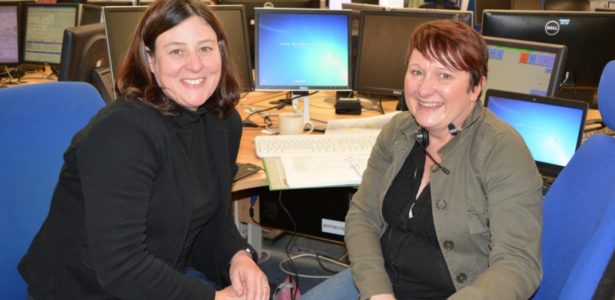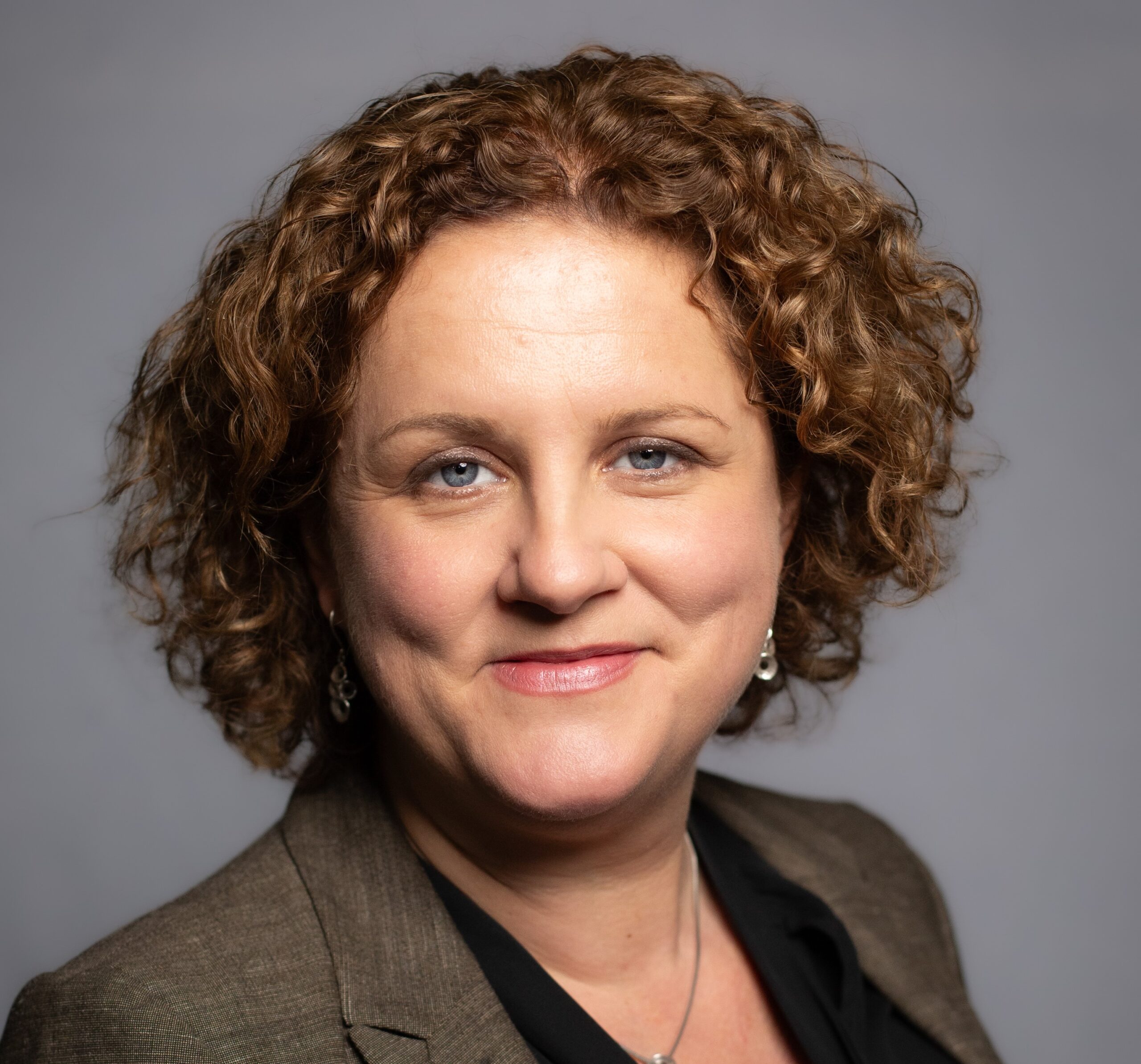Police and crime commissioner Julia Mulligan extends vital mental health triage scheme

Julia Mulligan, Police and Crime Commissioner for North Yorkshire, today (18 March 2016) announced plans to extend a new service aimed at helping people with mental health problems.
Last year, Julia set aside £65,000 to fund a three-month pilot under which mental health professionals from Tees, Esk and Wear Valleys NHS Foundation Trust work within North Yorkshire Police’s force control room, helping to field calls involving people in mental distress.
Early indications suggest the pilot is proving such a success that Julia has now decided to extend it from a four day-a-week operation (Thursday 11am until Sunday 11 pm) to one that operates every day of the week.
The improved service, costing £168,000 and funded by Julia Mulligan, will mean specialist mental health provision will be available to those in mental distress across the county, including people in rural areas. It be up and running this spring and is in addition to the street triage service which is available in some parts of North Yorkshire.
The force control room triage service involves highly trained mental health nurses working alongside call handlers. The mental health professionals can step in with advice and support during incidents involving mentally vulnerable people. As they have access to local NHS databases they can check whether people are receiving treatment for a mental health condition.
Julia said: “The amount of police time spent dealing with vulnerable people in mental distress is estimated to be around 40 per cent, so this scheme should go a long way in improving the service available to this group of people.
“When someone is suffering mental health problems, their distress can be heightened by coming into contact with the police. While police staff and officers do a very good job in dealing with these people, they are not mental health specialists and are not always able to respond as they would like for the individual concerned.
“The pilot has already shown that these services make a real difference to people, who can be in very difficult circumstances. The police too benefit from having expert services on hand when they need them. A win-win for all concerned, and another step towards delivering on the number one priority laid down by the public in my police and crime plan – to protect vulnerable people.”
Gill Boycott, head of adult mental health services in York and Selby for Tees, Esk and Wear Valleys NHS Foundation Trust, said; “It’s important that people with mental health problems get the care and support they need as quickly as possible.
“The extension of the pilot is great news and we look forward to continuing to work with the police to improve services for local people.”
Deputy Chief Constable Tim Madgwick said: “This is good news. It’s another step on the road to improving the response for people in mental health crisis who call the police when they feel they have no alternative. Our past trials have shown it to be a very effective way of getting people the right help at the right time, allowing police officers to carrying on policing. I am very pleased that the service is set to be extended beyond the initial trial period.”
Lynsey Walsh, a Northallerton-based crisis clinician, is based in force control room on a rota basis. She said: “I sit in the middle of the force control room and can monitor calls as they come in to see if call handlers need my support.
“Often I will recognise the person straightaway from their name on the call log and will know their history and background. That means I can assess what level of risk they present from a clinical viewpoint.
“Whereas a call handler would typically dispatch an officer to someone who says they have suicidal feelings and are self-harming that isn’t necessarily the best response. With the background information I have I can often help the caller simply by talking to them and putting them in touch with a wealth of services we can access – many of them voluntary.
“On a typical shift, I can help two to three people that way which frees up police time but also helps the callers maintain responsibility for themselves which is important for their well-being.”
